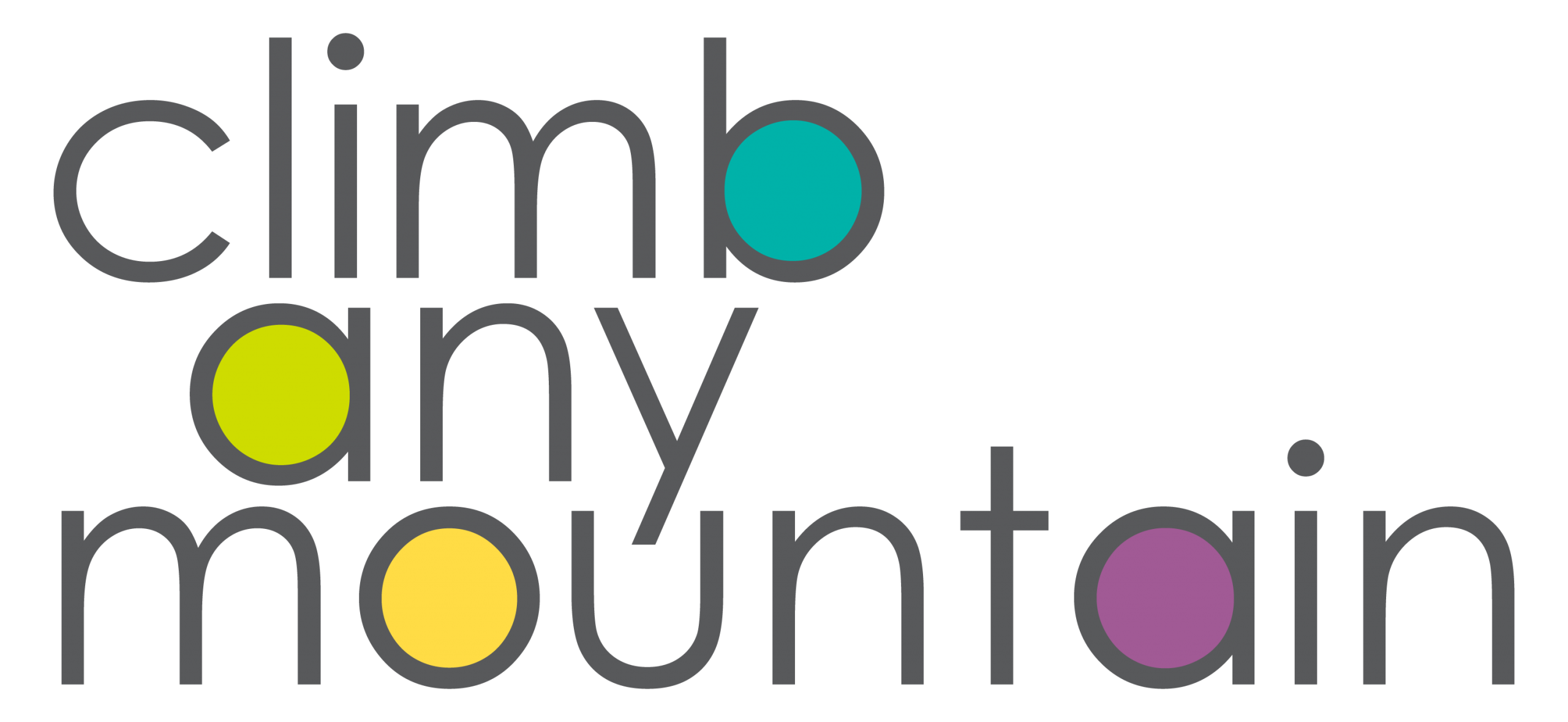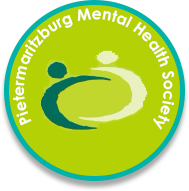Climb Any Mountain is committed to accelerating the transformation of services from institutional to person-centred practices in South Africa, by facilitating the sharing of best practice and funding the development and capability of service providers. We have partnered with Mencap to deliver programmes that assess the baseline provision of services within organisations in South Africa, and develop bespoke programmes to build capability to deliver person-centred practices.
Mencap is a national UK charity providing services to people with intellectual disability as well as campaigning for the rights of people with intellectual disability. Under service provision, Mencap support people with intellectual disability to live as independent lives as possible – whether this is in a residential or supported living facility, or in people’s own homes. As part of services provided, Mencap also provides Employment Services and Leisure Services.
Mencap have designed ways of working that place the person at heart of the service – it is all about what matters to each person and what each person wants to achieve. They look at involving the relevant people and provide a framework of support for staff. This is the foundation of their service and their focus in on ensuring a better quality of life for people.
Baseline Assessment
The intention of the baseline assessment is to assess and understand the ways of working within an organisation and to provide coaching and practical support to introduce a person-centred approach to practice.
The scope of the baseline assessment is usually limited to the services provided in one residential service in order to assess to a sufficient depth of service provision. We take the learning from this setting and support the organisation to apply this more broadly across their other services. A train-the-trainer session is conducted towards the end of the visit to facilitate the dissemination of knowledge across middle management. The spirit of the visit is collaborative and supportive, identifying and building on the many good things that are already being done; leveraging some of the best practices and toolkits to accelerate new ways of person-centred working.
Our commitment is that organisations come away from the assessment feeling inspired, empowered and enabled to deliver services that are personalised to each individual’s needs and desires in a practical and affordable way. We also work with the organisation to create a 12 – 18 month roadmap with structured support to accomplish this.
Approach
Our approach is non-intrusive and we are interested in seeing the services in their ‘natural state’ of daily operation. There is nothing to prepare or present. Over the course of 1 – 2 weeks, our team engage and interact with the people supported (residents / service users) as well as with the support workers (caregivers, supervisors, managers) and in this way observe, learn but also shape and influence ways of working.
There are three aspects to the approach:
1) Stability and safety of the service
a. This is assessed through a more audit-like approach; and involves understanding the organisations regulatory and reporting requirements, training and development of staff, understanding how staff are prepared to know how to support people
2) Quality of life
a. Here we dig deeper to get to know and understand the people supported and whether they have a good quality of life; we look at how ‘quality of life’ is this defined, what is really important to the people you support, and how is this determined by support workers
3) Quality of services
a. Here we seek to understand the organisations skills and ways of working day to day; we look at how you make sure that the tasks you do are not just tasks, but add value to the person and create positive experiences for people.
If you are a South African organisation providing services to people with intellectual disability and mental illness and would like to find our more about our programmes of support, please contact us on info@climbanymountain.org
Current partner organisations in South Africa

